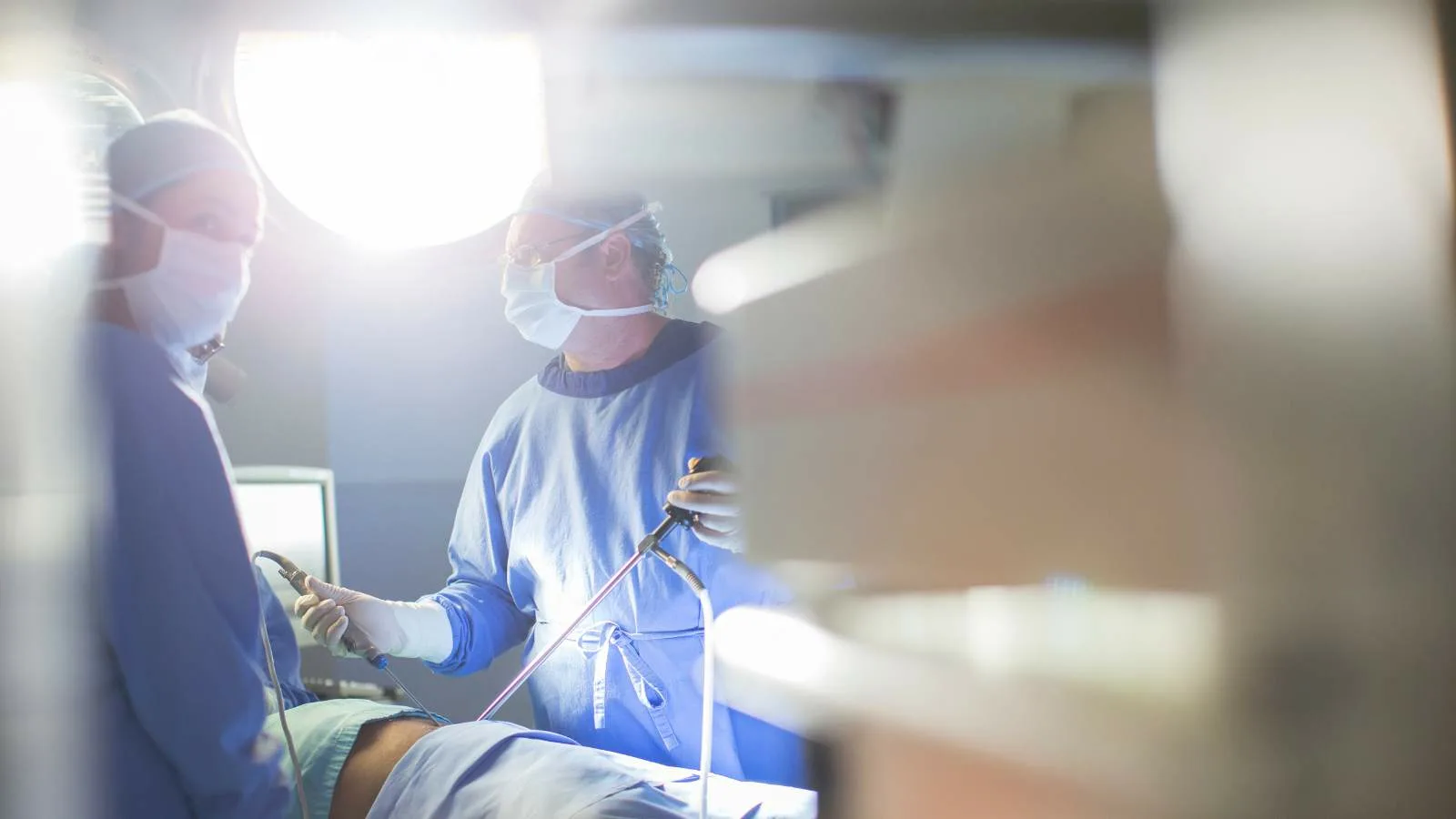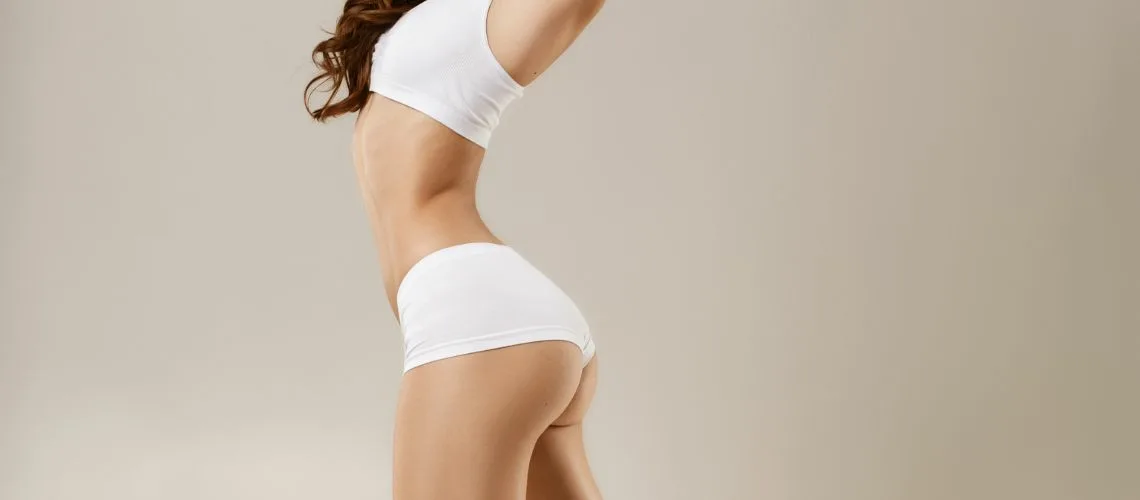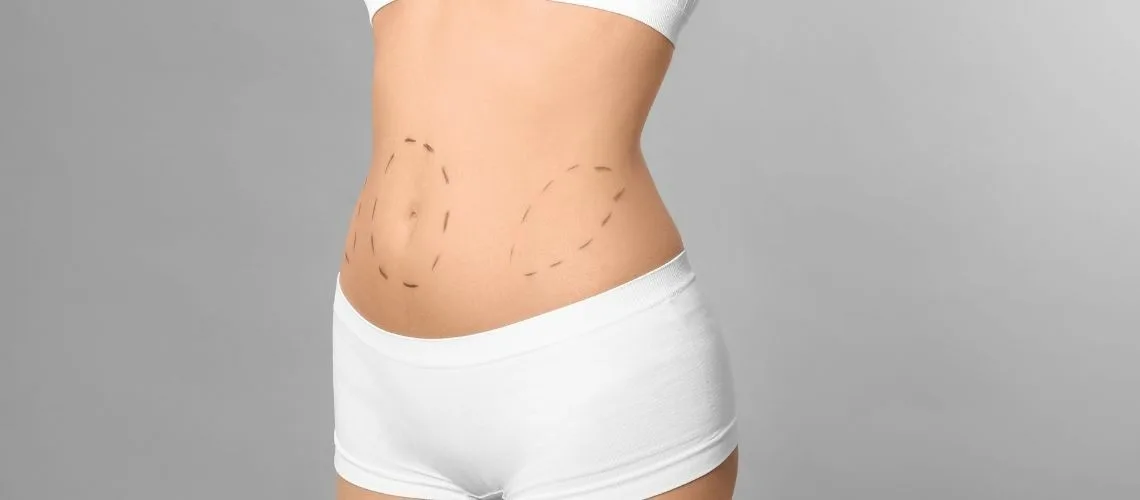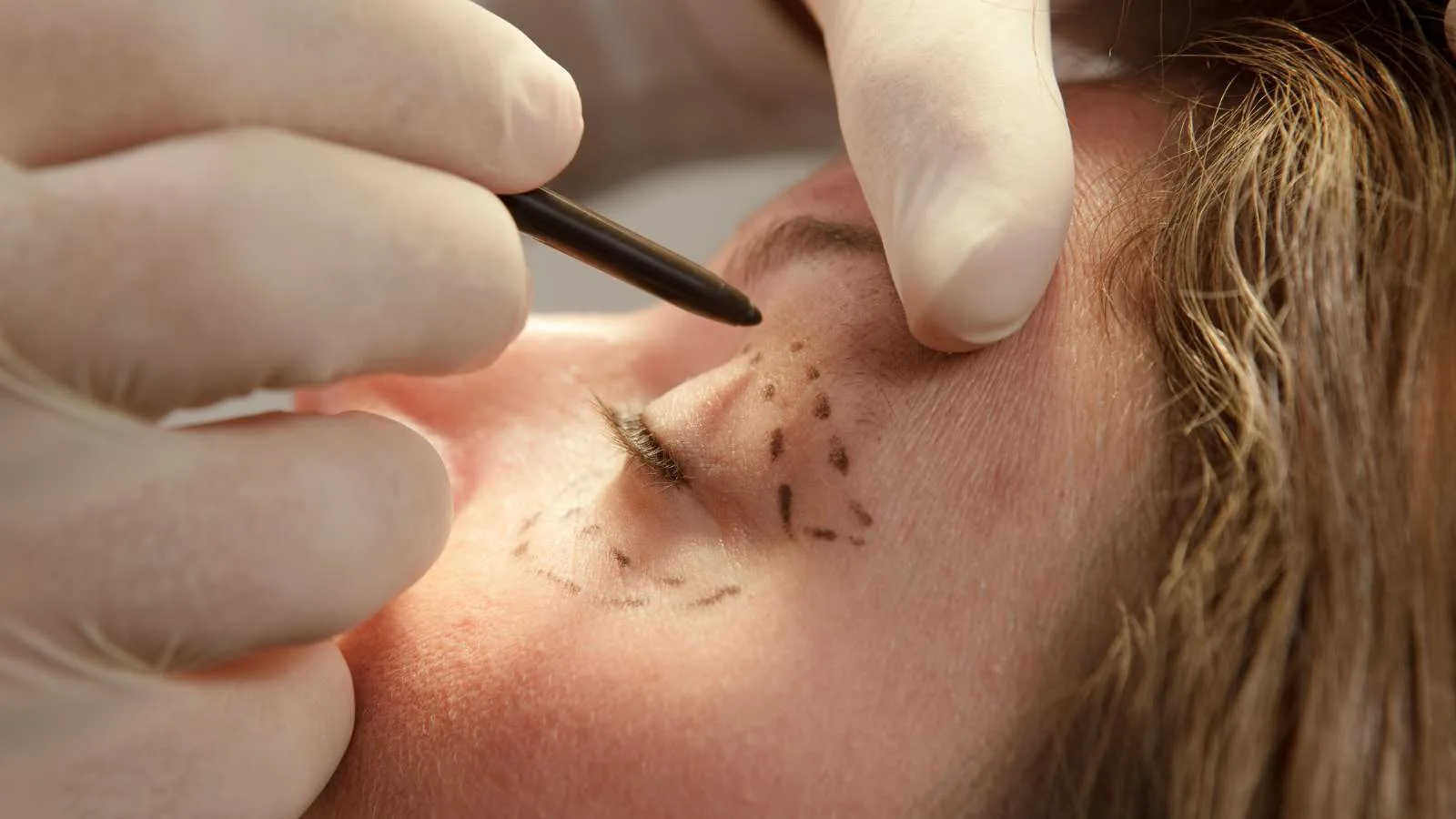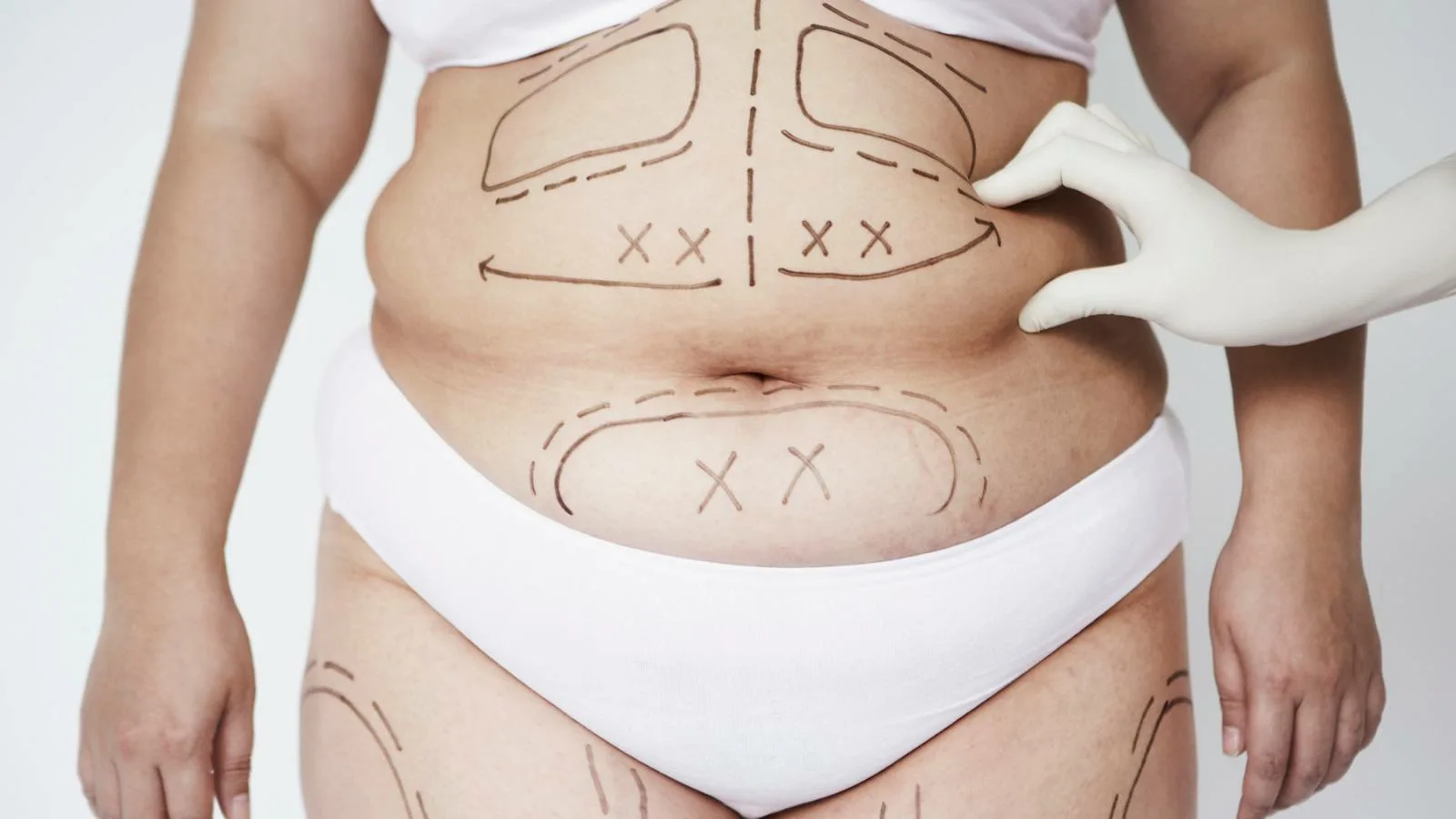Preparing for rhinoplasty requires careful planning, including medical evaluations, lifestyle adjustments, and following surgeon’s instructions. Proper preparation ensures a safer procedure and smoother recovery process.
Preoperative rhinoplasty guidelines include discontinuing blood-thinning medications, avoiding smoking, and maintaining a balanced diet. These measures reduce risks and promote optimal healing.
Emotional preparation before rhinoplasty is equally important. Understanding realistic outcomes, discussing expectations with the surgeon, and reviewing before-and-after examples help patients feel confident.
Day-of-surgery preparation involves fasting, arranging postoperative support, and wearing comfortable clothing. Proper readiness minimizes stress and allows for a safe surgical experience.
Understanding Rhinoplasty
What is Rhinoplasty?
Rhinoplasty is a surgical procedure designed to reshape the nose, either for cosmetic reasons or to address functional issues like breathing difficulties. It can involve modifying the bone, cartilage, and skin to achieve a more harmonious facial appearance or improve nasal function.
Who is a Good Candidate?
Not everyone is an ideal candidate for rhinoplasty. The best candidates are individuals who are physically healthy, have realistic expectations, and are seeking improvement rather than perfection. It’s also essential to be at an age where the facial structure has fully developed, typically after the age of 18.
Consultation with a Specialist
Before undergoing rhinoplasty, scheduling a consultation with a qualified plastic surgeon is crucial. During this consultation, you’ll discuss your goals, medical history, and any concerns you might have. The surgeon will evaluate your nose’s structure and recommend the best approach to achieve your desired results.
It’s also the perfect time to ask important questions, such as what to expect during recovery, potential risks, and how the surgery will be tailored to your unique facial features.
Physical Preparation for Rhinoplasty
Pre-Surgery Health Check
Before your rhinoplasty, it’s essential to undergo a thorough medical evaluation. This typically includes a review of your medical history, a physical examination, and possibly some lab tests. Ensuring that you’re in good overall health helps minimize risks and enhances the likelihood of a successful outcome.
Diet and Medication Before Rhinoplasty
Your diet and any medications you’re taking can significantly impact your surgery and recovery. In the weeks leading up to your procedure, it’s important to follow specific guidelines provided by your surgeon. For instance, you may be advised to avoid certain foods and supplements that can increase bleeding, such as garlic, ginger, and omega-3 fatty acids.
Additionally, you’ll need to discuss any medications you’re currently taking with your surgeon. Some medications, particularly blood thinners and anti-inflammatory drugs, may need to be paused before surgery to reduce the risk of complications.
Avoiding Smoking and Alcohol
Smoking and alcohol consumption can negatively affect your body’s ability to heal and increase the risk of complications during and after surgery. If you smoke, it’s strongly recommended that you quit at least two weeks before your rhinoplasty. Alcohol should also be avoided in the days leading up to your procedure to ensure your body is in optimal condition for surgery.
Mental Preparation for Rhinoplasty
Setting Realistic Expectations
One of the most important aspects of preparing for rhinoplasty is setting realistic expectations. While the surgery can significantly enhance your appearance or improve breathing, it’s crucial to understand the limits of what can be achieved. Having an open and honest discussion with your surgeon about your goals will help ensure that your expectations align with what is surgically possible.
Mental Preparation for Rhinoplasty
Undergoing surgery can be a stressful experience, so it’s important to mentally prepare yourself. Techniques such as deep breathing exercises, meditation, and visualization can help reduce anxiety leading up to the surgery. Knowing what to expect at each stage of the process—before, during, and after the procedure—can also provide peace of mind.
Support System
Having a strong support system in place can make a significant difference in your rhinoplasty experience. Friends and family can provide emotional support, help you with transportation on the day of surgery, and assist with post-operative care. Make sure to communicate with your loved ones about what you might need during your recovery period.
Practical Tips for a Smooth Surgery
Pre-Surgery Checklist
Having a pre-surgery checklist can help ensure that you’re fully prepared for your rhinoplasty. Some key items to include are:
- Confirming your surgery date and time with your surgeon.
- Arranging transportation to and from the surgical facility.
- Organizing time off from work or other responsibilities to allow for recovery.
- Preparing your home for post-surgery comfort, including setting up a resting area with extra pillows to elevate your head.
Planning for Recovery
Your recovery starts the moment your surgery is complete, so it’s important to plan ahead. Make sure you have someone to assist you for the first 24-48 hours after surgery, as you’ll need help with daily tasks. Stock up on soft foods, as chewing may be uncomfortable, and have cold compresses ready to help reduce swelling.
Preparing Your Home
Creating a comfortable recovery space is key to a smooth recovery. Prepare a quiet, calm area where you can rest, and have everything you need within easy reach, such as medications, water, and entertainment. Elevating your head while resting will help minimize swelling, so extra pillows are a must.
Post-Surgery Recovery Tips
Immediate Post-Op Care
The first 24 to 48 hours after your rhinoplasty are critical for setting the stage for a smooth recovery. Rest is essential, and you should follow all post-operative care instructions provided by your surgeon. Keep your head elevated to minimize swelling and avoid any strenuous activities that could affect your healing.
Managing Swelling and Discomfort
Swelling and bruising are common after rhinoplasty, but there are ways to manage these symptoms effectively. Applying cold compresses around the nose and eyes can help reduce swelling and discomfort. Your surgeon may also prescribe pain medication to help you stay comfortable during the initial recovery period.
Follow-Up Appointments
Regular follow-up appointments with your surgeon are crucial for monitoring your recovery progress. During these visits, your surgeon will check the healing process, remove any stitches or splints, and address any concerns you may have. Attending these appointments ensures that your recovery is on track and that any potential issues are addressed promptly.
Why Choose Dr. Erman Ak for Your Rhinoplasty?
Experience and Expertise
When it comes to rhinoplasty, choosing a surgeon with the right experience is crucial. Dr. Erman Ak is a highly skilled plastic, reconstructive, and aesthetic surgeon with years of experience in performing complex facial surgeries. His extensive training and hands-on experience in various aspects of facial surgery, including rhinoplasty, ensure that you’re in capable hands.
Patient-Centered Care
Dr. Erman Ak is known for his patient-centered approach, treating each patient with the utmost care and respect. He takes the time to understand your unique goals and concerns, offering personalized solutions that align with your desired outcomes. His commitment to patient satisfaction is evident in the thorough consultations, detailed explanations, and ongoing support he provides before, during, and after the surgery.
Proven Results
With a track record of successful surgeries and satisfied patients, Dr. Erman Ak has established himself as a trusted expert in rhinoplasty. His work not only enhances the aesthetic appearance but also addresses functional issues, improving the overall quality of life for his patients.
Preparing for rhinoplasty is a crucial step in ensuring a successful surgery and a smooth recovery. From physical preparation to mental readiness, taking the time to plan and follow expert advice can make a significant difference in your overall experience.
Dr. Erman Ak’s extensive experience and patient-centered approach make him an excellent choice for those considering rhinoplasty. By choosing a qualified and caring surgeon like Dr. Ak, you can feel confident that you’re in good hands, from the initial consultation to the final follow-up.
If you’re ready to take the next step towards achieving your desired results, don’t hesitate to contact Dr. Erman Ak to schedule a consultation and start your rhinoplasty journey today.
Frequently Asked Questions
What should I avoid before rhinoplasty?
Before rhinoplasty, you should avoid smoking, alcohol, certain medications (like blood thinners), and specific foods that can increase bleeding. It’s also essential to follow any personalized guidelines provided by your surgeon.
How can I mentally prepare for rhinoplasty?
Mental preparation involves setting realistic expectations, understanding the procedure and recovery process, and using techniques like deep breathing or meditation to reduce anxiety. Having a strong support system in place is also helpful.
How long does recovery from rhinoplasty take?
Initial recovery from rhinoplasty typically takes about 1-2 weeks, during which time swelling and bruising will gradually subside. However, full recovery, including the final shape of your nose, can take up to a year.
What should I have ready at home for my rhinoplasty recovery?
Prepare a comfortable recovery space with plenty of pillows to keep your head elevated, soft foods, prescribed medications, cold compresses, and easy access to entertainment. Also, arrange for someone to assist you during the first few days post-surgery.
How do I know if I’m a good candidate for rhinoplasty?
A good candidate for rhinoplasty is someone who is in good overall health, has realistic expectations, and is looking to improve their nose’s appearance or function. A consultation with a qualified surgeon can help determine if rhinoplasty is right for you.
Can rhinoplasty correct breathing problems?
Yes, rhinoplasty can address structural issues within the nose, such as a deviated septum, that cause breathing difficulties. This functional aspect can be combined with cosmetic improvements in a procedure known as septorhinoplasty.
What is the best age to get rhinoplasty?
Rhinoplasty is typically recommended for individuals whose facial growth is complete, usually after the age of 18. However, the best age can vary depending on the individual’s unique circumstances and goals.

Op. Dr. Erman Ak is an internationally experienced specialist known for facial, breast, and body contouring surgeries in the field of aesthetic surgery. With his natural result–oriented surgical philosophy, modern techniques, and artistic vision, he is among the leading names in aesthetic surgery in Türkiye. A graduate of Hacettepe University Faculty of Medicine, Dr. Ak completed his residency at the Istanbul University Çapa Faculty of Medicine, Department of Plastic, Reconstructive and Aesthetic Surgery.
During his training, he received advanced microsurgery education from Prof. Dr. Fu Chan Wei at the Taiwan Chang Gung Memorial Hospital and was awarded the European Aesthetic Plastic Surgery Qualification by the European Board of Plastic Surgery (EBOPRAS). He also conducted advanced studies on facial and breast aesthetics as an ISAPS fellow at the Villa Bella Clinic (Italy) with Prof. Dr. Giovanni and Chiara Botti.
Op. Dr. Erman Ak approaches aesthetic surgery as a personalized art, tailoring each patient’s treatment according to facial proportions, skin structure, and natural aesthetic harmony. His expertise includes deep-plane face and neck lift, lip lift, buccal fat removal (bichectomy), breast augmentation and lifting, abdominoplasty, liposuction, BBL, and mommy makeover. He currently provides safe, natural, and holistic aesthetic treatments using modern techniques in his private clinic in Istanbul.



